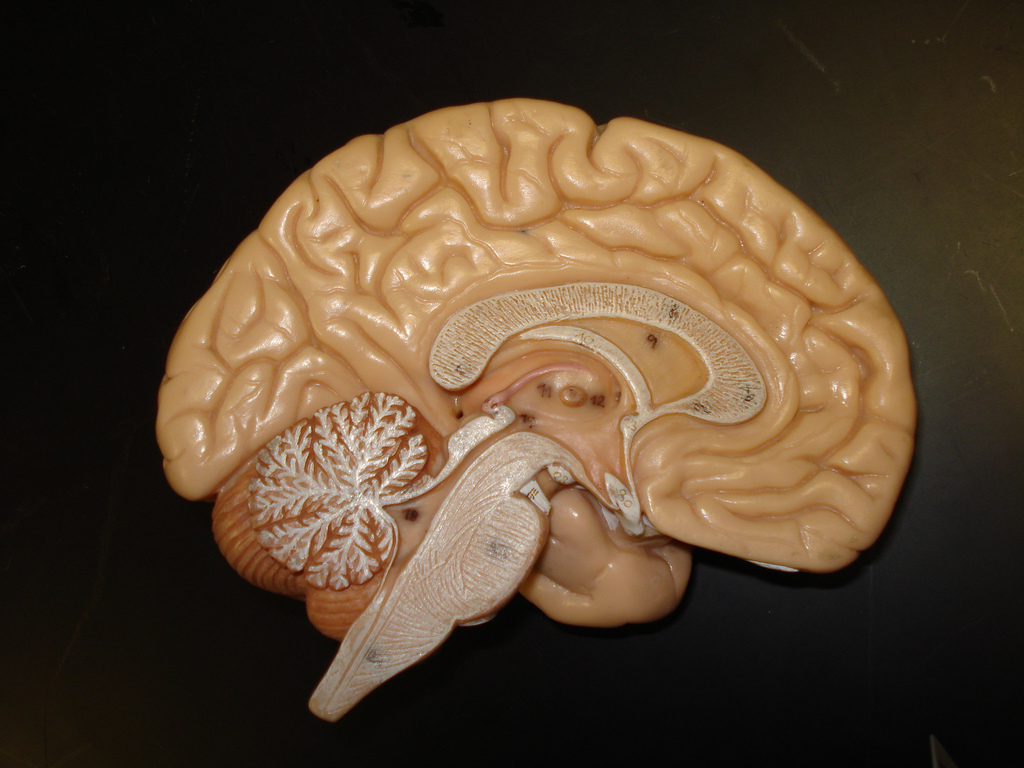By Katie Stobbart (The Cascade) – Email
Print Edition: March 12, 2014

Teenagers’ brains are different. There’s even science to back it up. Essentially, as we enter adolescence, our brains set up orange road signs around the frontal cortex and launch into construction that typically lasts until our mid to late 20s. During that time, most decisions are coming from the amygdala, which is the centre for instinctive reactions, fear, and aggression. This results in turmoil, misunderstanding, impulsive reactions, and most famously angst. It also makes for a lot of poor decisions. The prefrontal cortex, which controls reasoning and logic, is not quite out of commission, but it’s a lot less accessible.
This process also coincides with that period in our lives when we’re making the social, academic, and career decisions that have the power to change our lives irrevocably. Or at least, that’s what I’ve been told.
Personally, I was still 18 when I made one of the most difficult decisions in my life to date.
For some it’s leaving home, but when my time came I was ready to fly across the country and embark on an exciting four-year journey, to pursue a degree in international studies and proficiency in at least three languages. I imagined some glamourous and noble career in my future — something high-up in the political world, like diplomacy or something.
I worked hard to get to Ontario, and ultimately was accepted into the university I had dreamed of attending for an entire year. I even earned a scholarship that would cover my tuition for all four years of my education there.
The hard part was realizing I had made a mistake.
I won’t go into the details — that’s another story. Ultimately, a few months into my first year, I came to the understanding that if I stayed, I would be amputating parts of myself I couldn’t imagine losing. The person I would have become wasn’t me.
I made it through the rest of the year, then gave up the remaining three years of free tuition and came to UFV to do what I really wanted to do: write. Say what you want about how crazy it was to give up the money, but it felt like coming to my senses, and I don’t regret it.
It wasn’t the first time someone changed programs, and it certainly won’t be the last. Leaving home, as impulsive and dramatic as it felt at the time, was not the worst decision a teen has ever made, and I was lucky enough to realize early that it wasn’t going to work for me.
One of the hardest parts about coming to that conclusion though, was feeling so awful about turning back. I had been coached for years in public school to find some perfect career path and stick to it for the rest of my life and I had failed.
I’ve talked with people who have dropped out of school, picked the wrong careers, switched their programs close to completion, and made a whole host of other decisions that eventually turned out to be the wrong ones. I’ve discovered it’s common to change our minds about things we thought we were passionate about. Not only is it common, it’s okay. In my case, it was a bit expensive, but it was okay.
However, I have to marvel at the fact that the age at which we are least equipped to make sensible, long-term decisions is the same time when we are expected to make major life decisions, learn to operate heavy machinery, and start up our RRSPs. Yikes.
Yet that’s how our society works. I don’t necessarily disagree with that; when else will we make these choices? What I do disagree with is the expectation, at least in high school, that young adults should have it all figured out.
A mistake does not always spell failure. Sometimes it’s just a fork in the road, a sign that says, go the
other way. Since when does figuring out what you want to do with your life exclude the occasional wrong turn? There’s enough angst in that decade or so of brain development, without the added pressure of expectations that are reiterated as students approach high school graduation.
It’s actually one of the things I appreciate about UFV: flexibility. There’s a general understanding, at least in my experience, that in this period of our lives, there’s bound to be a bit of road work.

